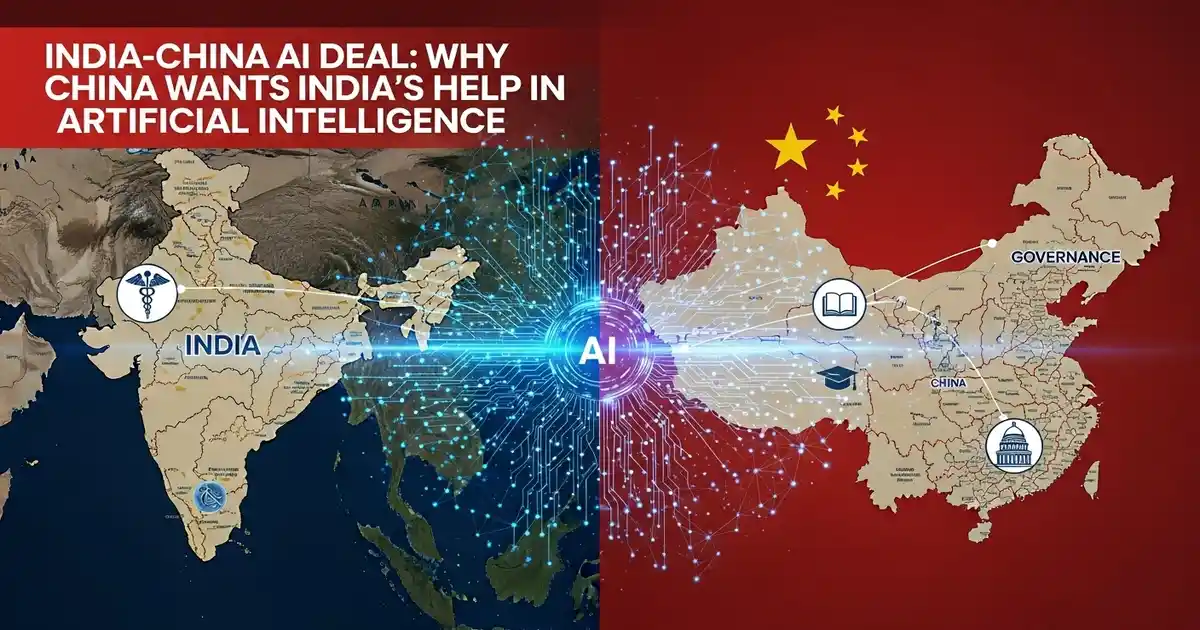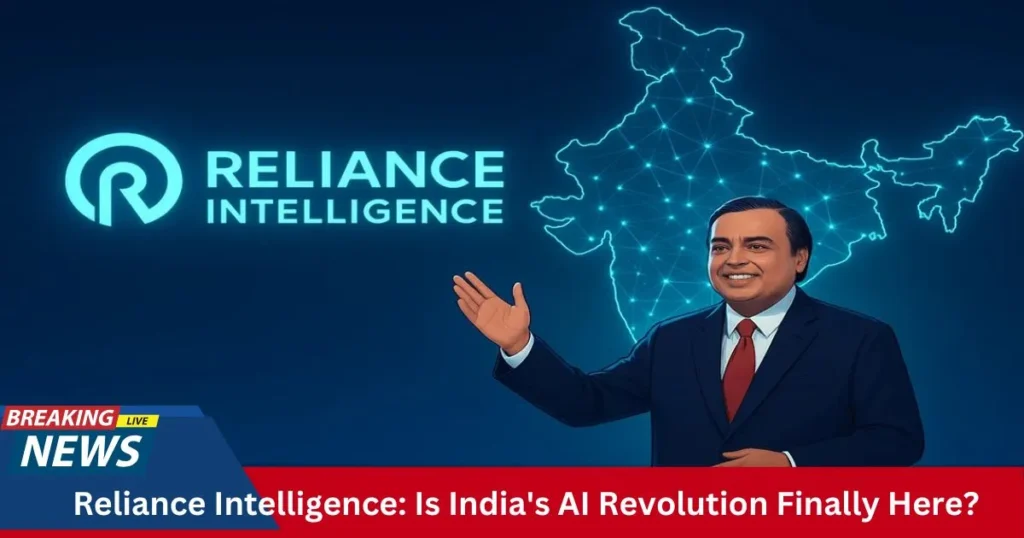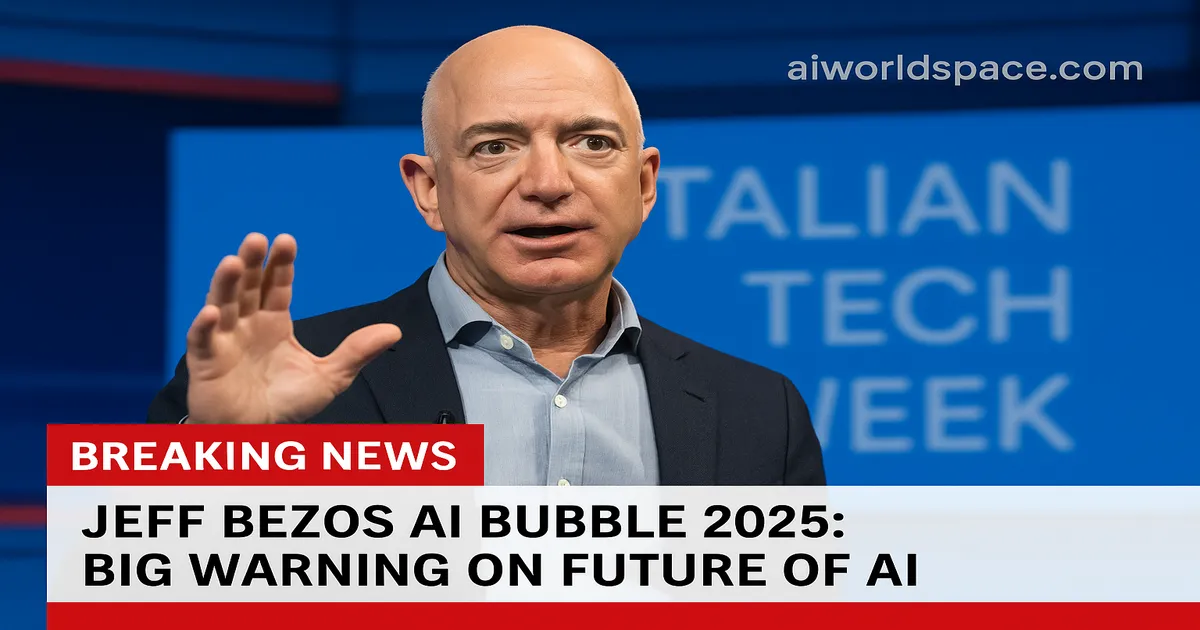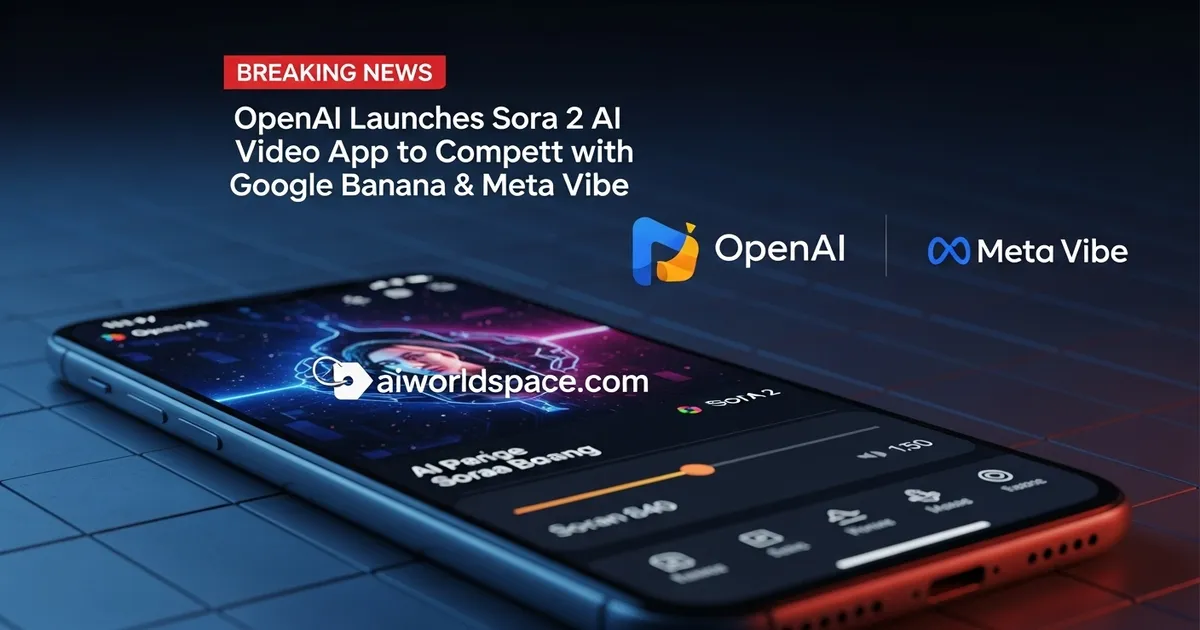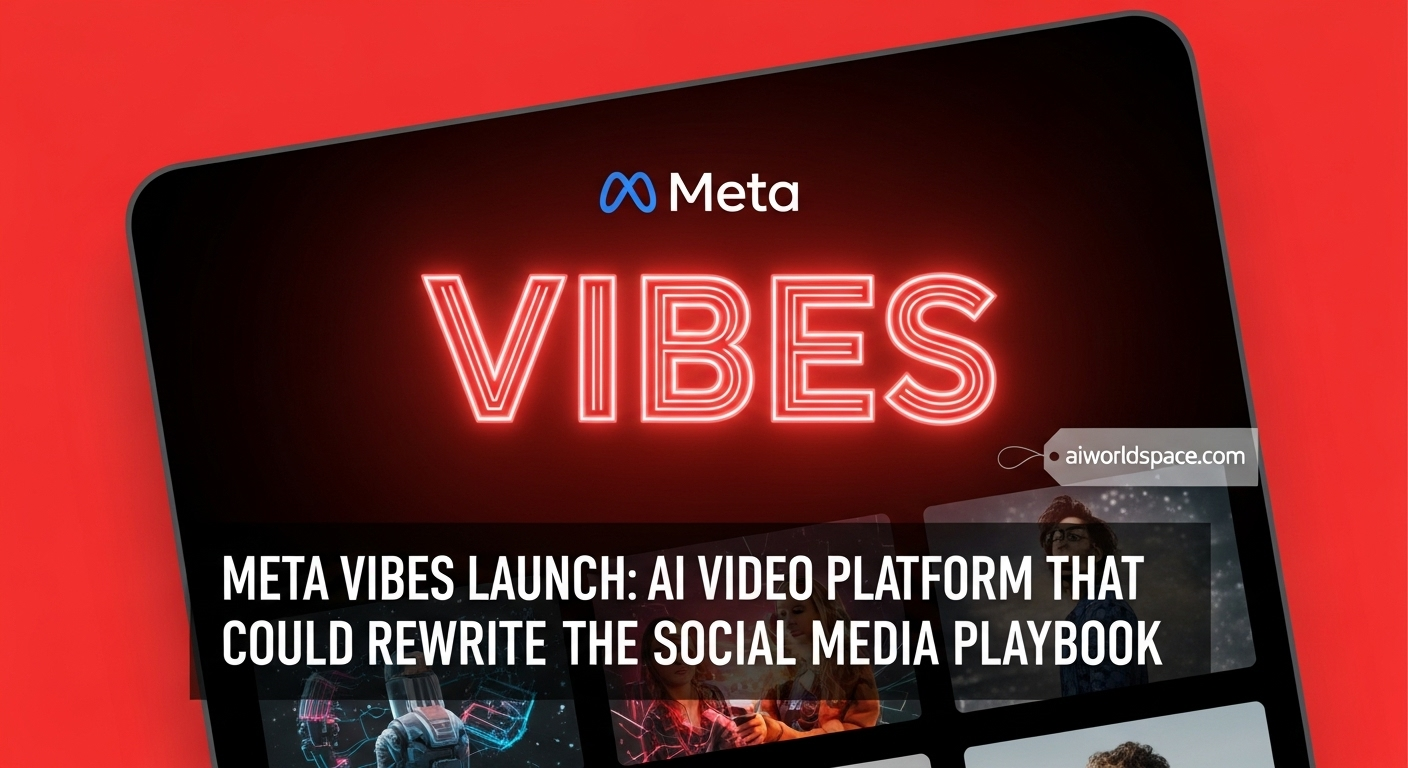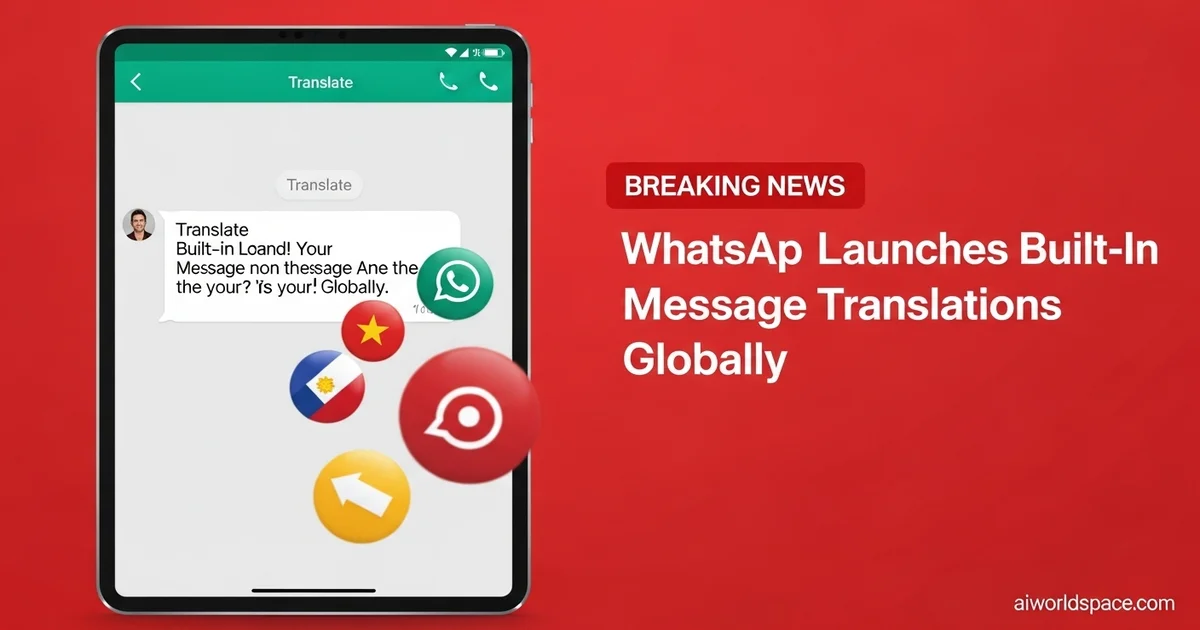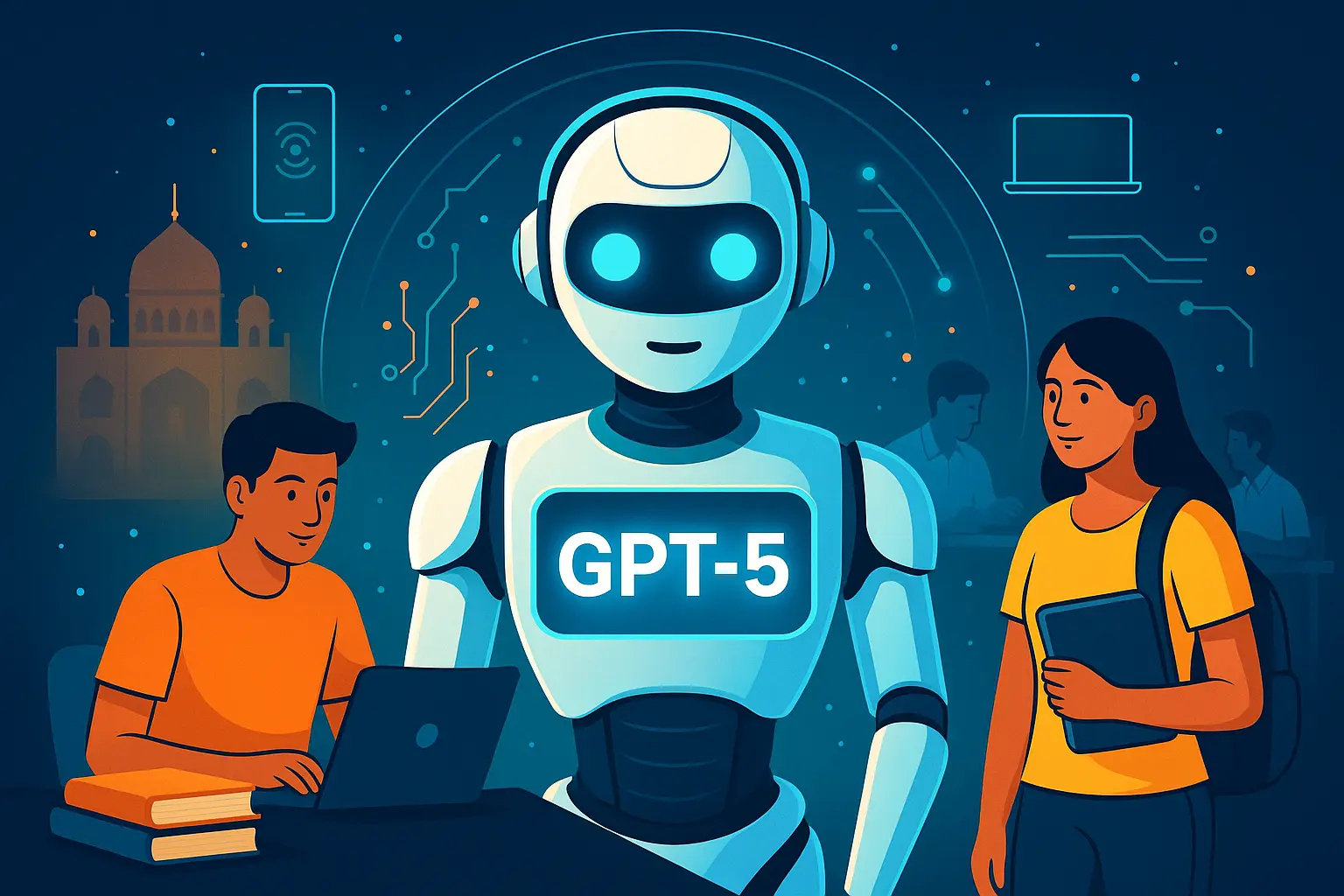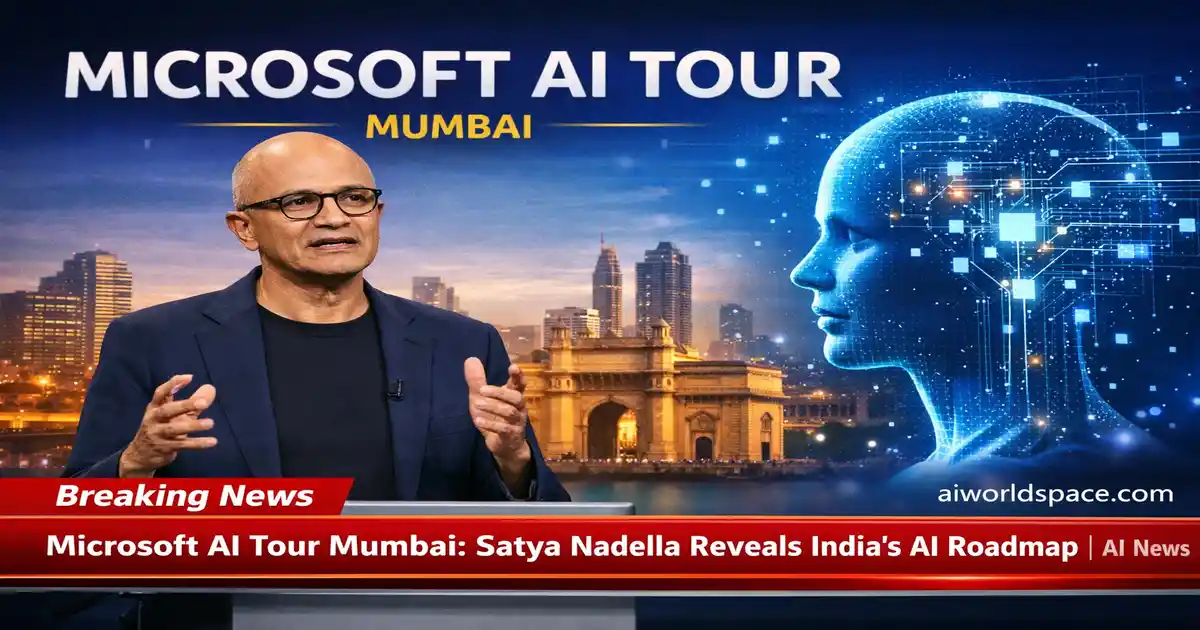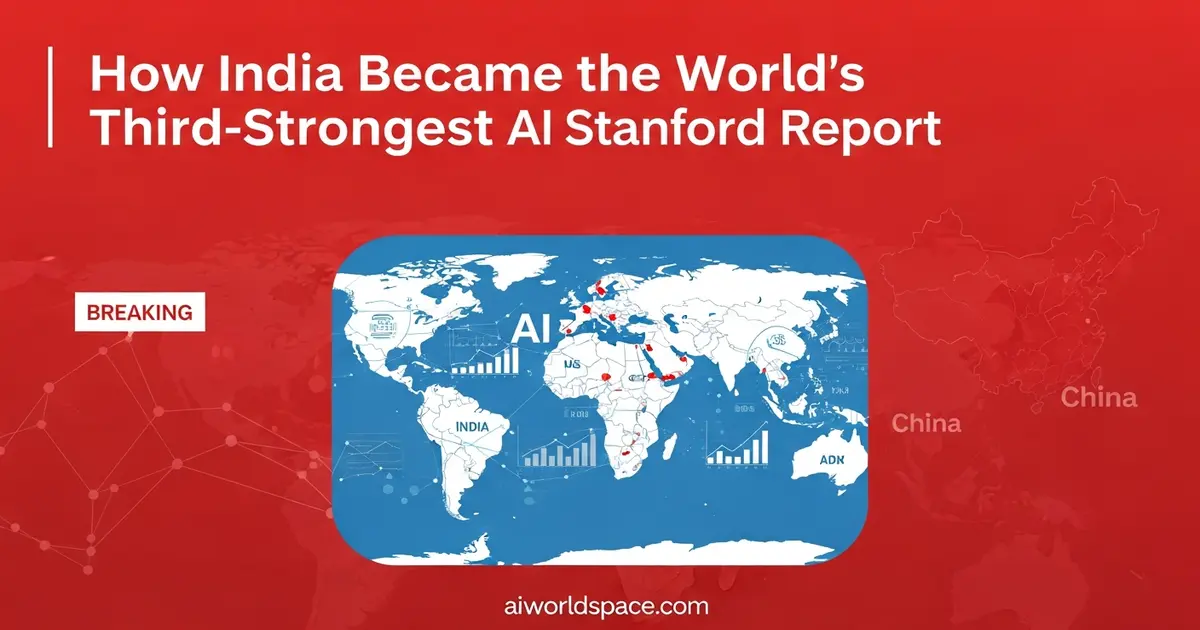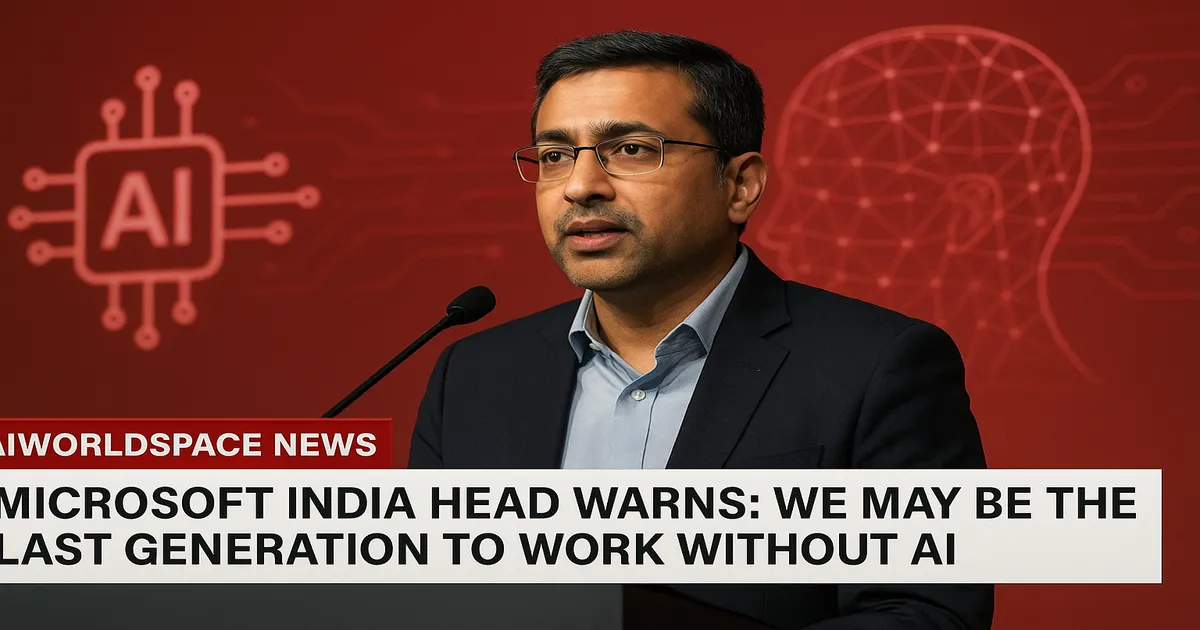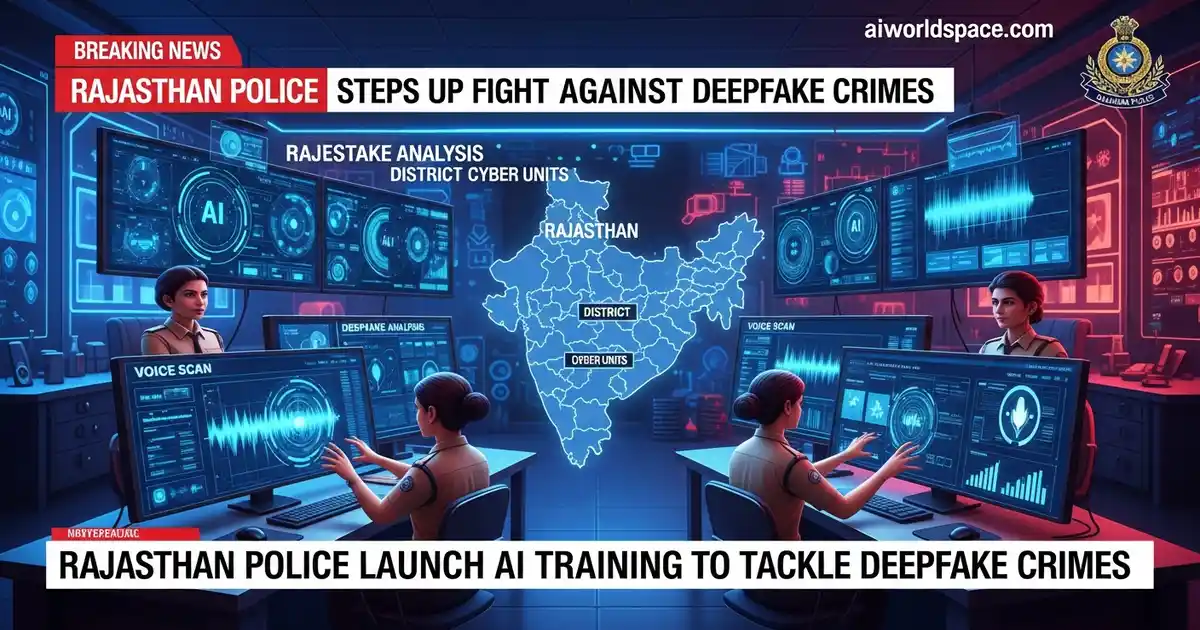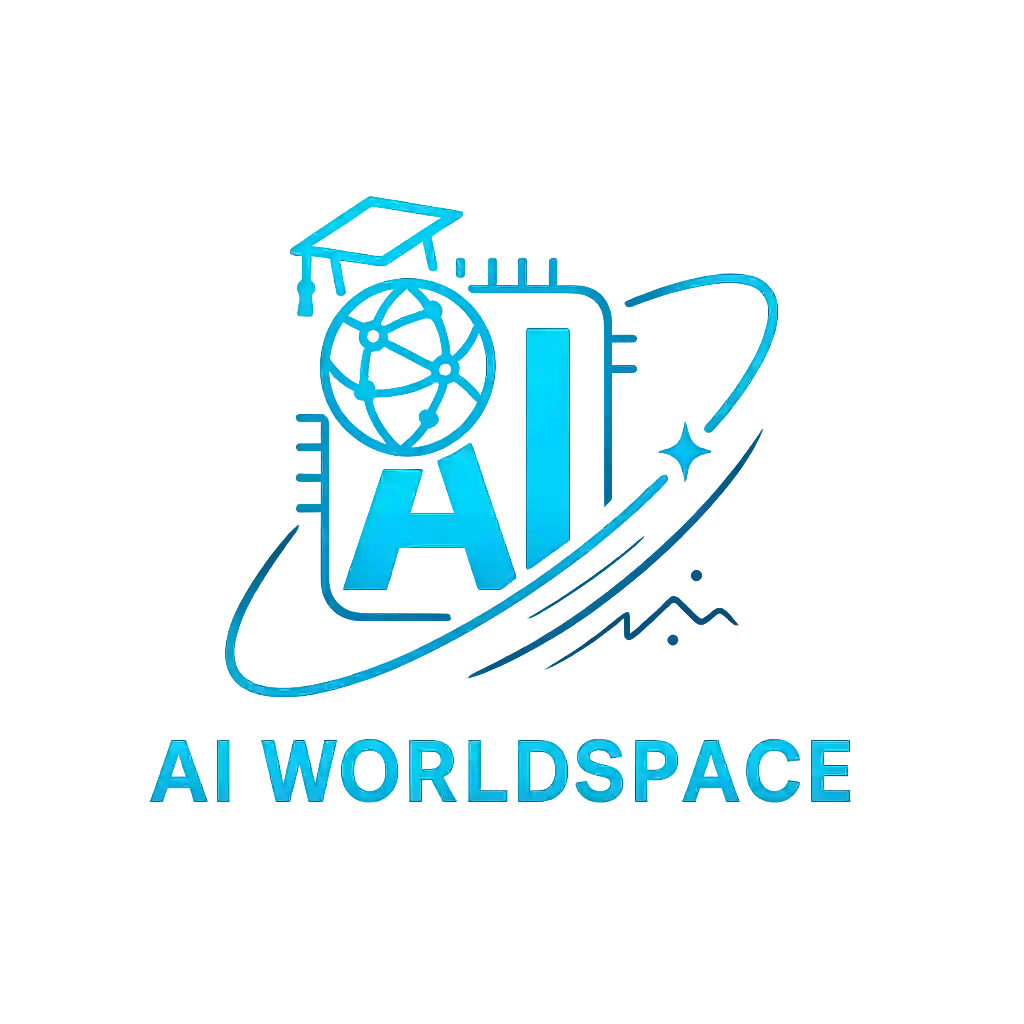New Delhi, September 1, 2025 | Read Time: 4 mins
Summary:
China, often seen as the global AI powerhouse, has surprisingly turned to India for collaboration in artificial intelligence. Reports suggest that the partnership could span healthcare, education, agriculture, and even cyber-security, raising questions about what’s really cooking behind this unusual request.
India-China AI Deal 2025: At a time when countries are locking horns in the AI race, China’s latest move has sparked eyebrows worldwide , it has reportedly sought India’s partnership in developing artificial intelligence solutions. Yes, the same China that dominates in AI patents, surveillance systems, and supercomputers now seems to be knocking on India’s door for support.
Read In Hindi - India China AI Deal 2025: चीन ने भारत से मांगी मदद, क्या ड्रैगन की टेक्नोलॉजी बिना भारत के अधूरी है?
India-China AI deal 2025: Why Would China Knock on India’s AI Door?
Insiders point out that India’s growing strength in affordable AI innovation, especially in healthcare, agriculture, and education, is catching global attention. Unlike China’s AI, which is often linked to surveillance and state control, India’s AI ecosystem is being recognized for practical, people-first applications.
That difference could be exactly why China is keen to collaborate to add “human touch” and social impact to its AI systems, something India has been quietly building.
What Areas Are on the Table?
Talks reportedly focus on AI-powered medical research, crop monitoring, early-warning systems for natural disasters, and cyber-defence mechanisms. If the deal materialises, Indian startups and research labs might find themselves working alongside Chinese institutions — a partnership that could reshape Asia’s AI landscape.
But What’s the Catch?
Experts warn that such a collaboration won’t be free of geopolitical baggage. Trust deficits between the two nations, data security concerns, and the possibility of technology misuse are already sparking heated debates. Many in New Delhi’s tech policy circles believe India must tread cautiously, ensuring data sovereignty and strategic safeguards before shaking hands with Beijing.
The Bigger Question: Who Gains More?
For China, this partnership could soften its global image by associating with India’s people-centric AI model. For India, the upside is access to advanced hardware, research collaborations, and a chance to play a bigger role in the global AI supply chain.
But the real question is will this be a mutual tech friendship or just another strategic game of advantage? That’s what the world is waiting to see.


